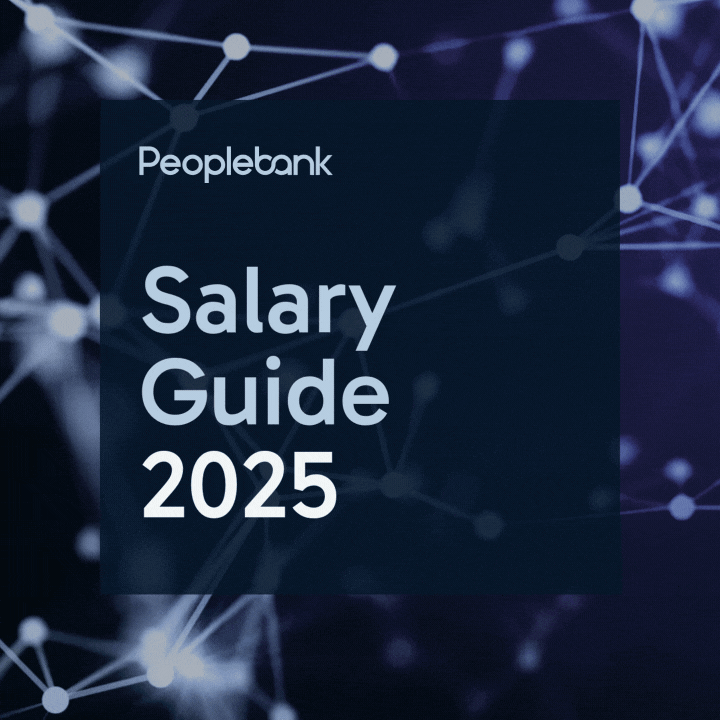Tech giants are paying huge salaries for scarce talent in artificial intelligence
Silicon Valley’s start-ups have always had a recruiting advantage over the industry’s giants: take a chance on us and we’ll give you an ownership stake that could make you rich if the company is successful.
Now the tech industry’s race to embrace artificial intelligence may render that advantage moot — at least for the few prospective employees who know a lot about AI.
Tech’s biggest firms are placing huge bets on artificial intelligence, banking on things ranging from face-scanning smartphones and conversational coffee-table gadgets to computerised healthcare and autonomous vehicles. As they chase this future, they are doling out salaries that are startling even in an industry that has never been shy about lavishing a fortune on top talent.
Typical AI specialists, including both Ph.Ds fresh out of school and people with less education and just a few years of experience, can be paid from $300,000 to $500,000 a year or more in salary and company stock, according to nine people who work for major tech companies or have entertained job offers from them.
All of them requested anonymity because they did not want to damage their professional prospects.
Well-known names in AI have received compensation in salary and shares in a company’s stock that total single- or double-digit millions over a four- or five-year period. And at some point, they renew or negotiate a new contract, much like a professional athlete. At the top end are executives with experience managing AI projects.
In a court filing this year, Google revealed that one of the leaders of its self-driving-car division, Anthony Levandowski, a long-time employee who started with Google in 2007, took home more than $120 million in incentives before joining Uber last year through the acquisition of a start-up he had co-founded.
Catalysts for the spike
Salaries are spiralling so fast that some joke the tech industry needs a National Football League-style salary cap on AI specialists. “That would make things easier,” said Christopher Fernandez, one of Microsoft’s hiring managers. “A lot easier.”
There are a few catalysts for such salaries. The auto industry is competing with Silicon Valley for the same experts who can help build self-driving cars. Tech firms like Facebook and Google also have plenty of money to throw around and problems that they think AI can help solve, like building digital assistants for smartphones, home gadgets and spotting offensive content.
Most of all, there is a shortage of talent, and the big firms are trying to land as much of it as they can. Solving tough AI problems is not like building the flavour-of-the-month smartphone app. Globally, fewer than 10,000 people have the skills necessary to tackle serious artificial intelligence research, according to Element AI, an independent lab in Montreal.
Costs at an AI lab called DeepMind, acquired by Google for a reported $650 million in 2014, when it employed about 50 people, illustrate the issue. Last year, the lab’s “staff costs” as it expanded to 400 employees totalled $138 million, or $345,000 an employee.
With so few AI specialists available, big tech firms are also hiring the brightest of academia. In the process, they are limiting the number of professors who can teach the technology.





















